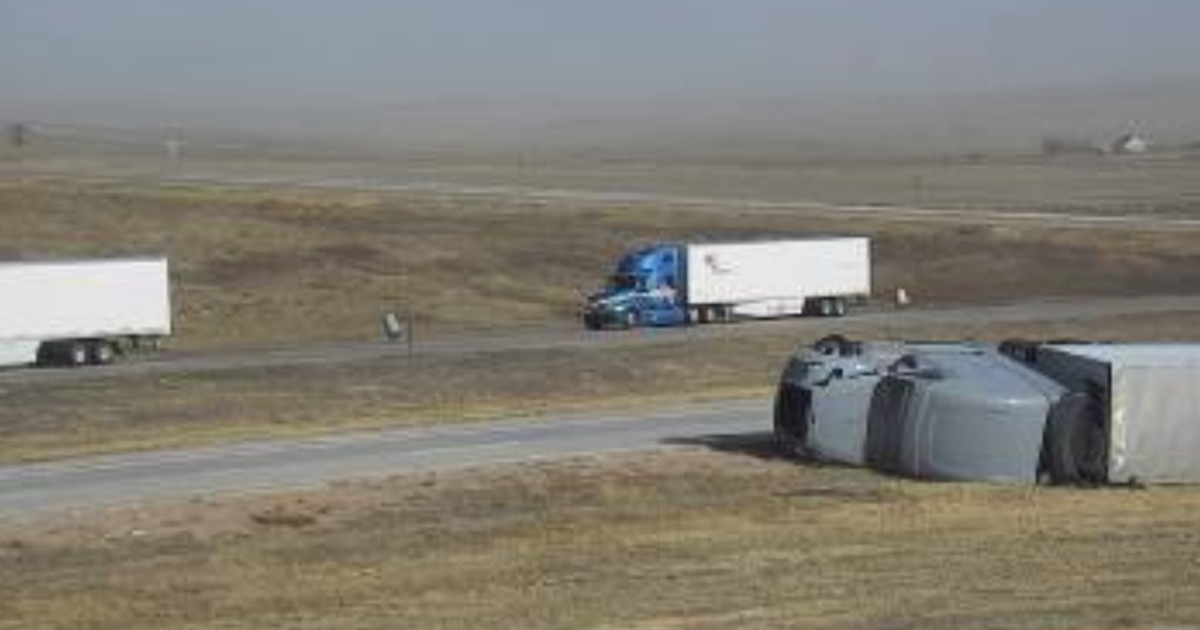New study says California's farmland is shrinking due to years-long severe drought
YUBA CITY — California's farmland is shrinking due to a severe three-year drought, according to a new report prepared for the California Department of Food and Agriculture.
The last three years have been the driest in the instrumental record and the multi-year deficits in precipitation have been compounded by "increased crop evaporative demands" according to the report. Researchers on the report — which included authors from UC Merced, UC Davis, and the Public Policy Institute of California — found that the state's irrigated farmland shrunk by nearly 10% which totals 752,000 acres of farmland.
As for the jobs, the extreme drought conditions have led to more than 19,000 jobs lost between the food processing and crop sectors in 2022.
"Agriculture employs lots of people directly, and indirectly, I talk about the farm worker, but I could just as well talk about the people in the processing plant. There are tomato processing plants that just aren't going to employ people long into the year because it was a short crop," said Daniel Sumner, one of the report's authors and a professor of Agriculture Economics at UC Davis.
Sumner said he's long studied the economic impacts of agriculture, but this year marks the first time he has seen the size drop in rice production as ever before. The report found rice acreage was cut by half in 2022.
"It's shocking and never happened before," said Sumner.
California Rice shared a statement with CBS13:
"For rice farmers in the Sacramento Valley, this drought stretches far beyond the farm with the trickle-down impacts continuing long after this year's rice crop is harvested. From the local trucking companies that transport the harvested rice, to less work to be done at the dryers, storage facilities and mills across the Sacramento Valley, the impacts from drought will be long-lasting for California communities that depend on farming."
"It's always unexpected. You cannot control all of these elements that go in it. You kind of have to think, 'Is there something else that we should be doing so we're making money and not losing money?' " said Desiree Silva, the vice president of business operations at California Valley Nut Company.
Silva said their family business in Yuba City, which has been around for more than 100 years, hasn't been as bad off as other industries when it comes to water, but it's still going to impact them next year.
"It's a huge factor in anything that grows. You have to have water for anything to grow. So if there's not enough water, what do you do?" said Silva.
The Silvas diversified their business plan and recently purchased an agriculture spraying company to keep revenue in no matter what the weather or water brings to their walnut orchards.







